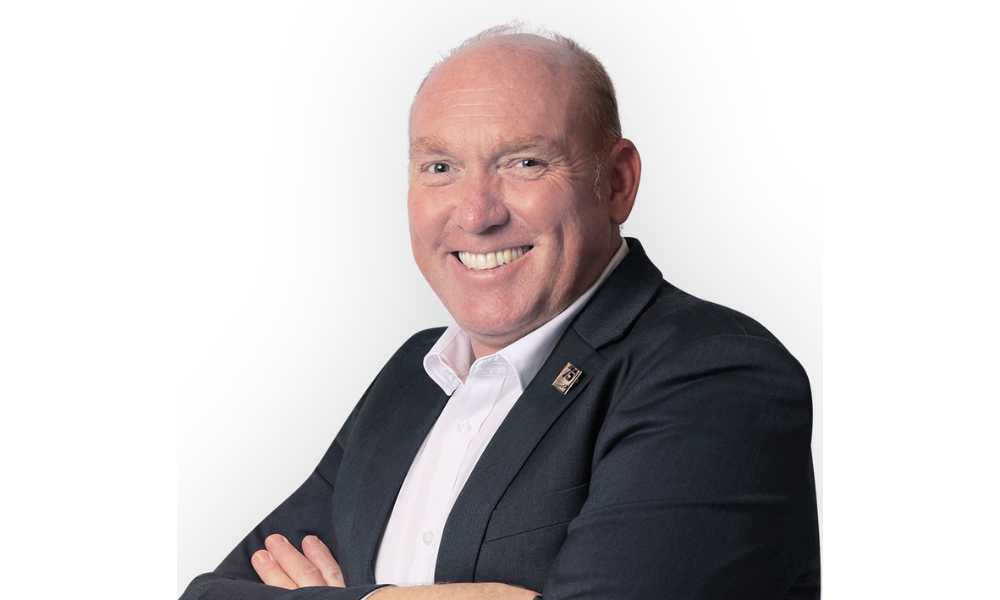
The Resolution Institute's NZ GM shares what it was like to go from pro competitor to management

Last week, Elton Goonan discussed making the transition from Motorsport NZ CEO to Resolution Institute NZ general manager. In the second half of this interview, he tells us about going from pro competitor to a management role, and what he believes managers can learn from sportspeople.
Given your professional background, what do you think is the most unusual skill you’ll bring to the legal profession?
One of the most unusual skills I bring from my professional sporting background to the legal profession i think is the ability to navigate highly competitive environments while fostering collaboration. In sports, particularly in leadership roles, I’ve learned to strike a balance between intense focus on performance outcomes and building strong, positive relationships among diverse stakeholders. I see this translating to a legal setting as the ability to advocate effectively while maintaining diplomacy and rapport, even in challenging situations.
Additionally, the strategic thinking developed in sports – such as analysing competitors, anticipating challenges, and adapting in real-time – is an asset for problem-solving and negotiation in legal contexts. It’s a skill that allows me to approach work that I’ll be doing with the Resolution Institute with a dynamic perspective and being able to identify operational and strategic opportunities that others might overlook.
You were a pro competitor before transitioning into a management role – what was the most challenging aspect of that transition for you?
Really, the biggest challenge was transitioning from the act of doing and taking part in the sport and focusing on what is the best thing for me as an competitor, to one of leading and guiding an organisation along with working with a board to deliver on the strategic direction that the sport was taking. It was great to be able to use the knowledge that I had built up over the years as a competitor to support the growth of the sport and also to help it to remain relevant to the challenges that both competitors and organisers are currently facing.
The other interesting thing that I encountered during the transition was being able to experience and understand the management process within sport, something that you very rarely understood as a competitor. Being able to see the various processes from this perspective helped me work with the team to refine them, ensuring that they made sense and met the needs of the members, ensuring we evolved as a modern sporting organisation.
What’s one thing you wished more managers could learn from sportspeople?
One thing managers could learn from sportspeople is the value of resilience and adaptability. Sportspeople constantly face setbacks, whether it’s a loss, injury, mistake, or unexpected challenges during competition, but they learn to bounce back quickly, take ownership, adapt their strategies, and stay focused on long-term goals.
For managers, this means understanding and embracing change, staying solution-focused in the face of challenges, and supporting and inspiring their teams to persevere without losing sight of the bigger picture. Cultivating this mindset can transform obstacles into opportunities and drive sustained success in any organisation.
This mindset in turn makes the team feel supported and inspired, which leads to them feeling empowered and willing to go above and beyond the organisation's normal when they are doing their work.